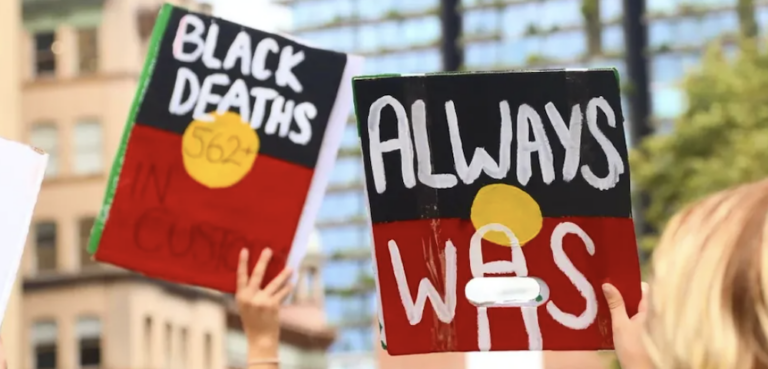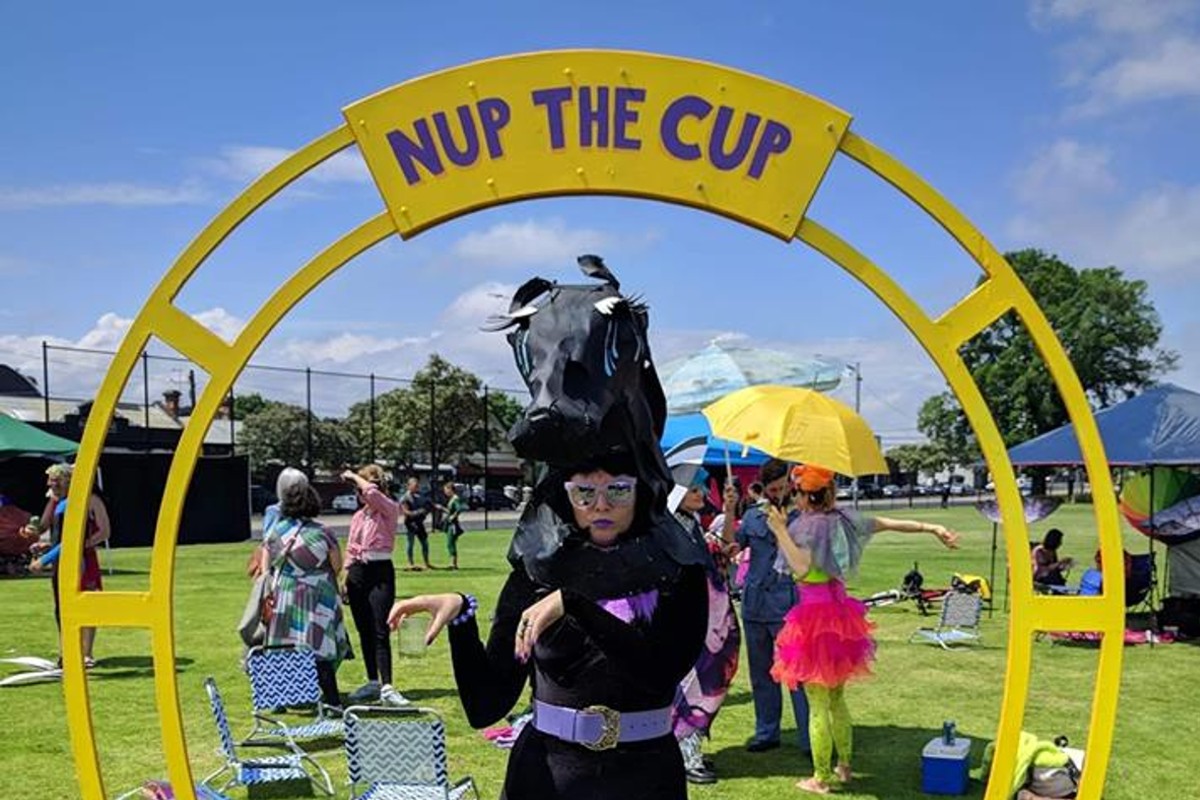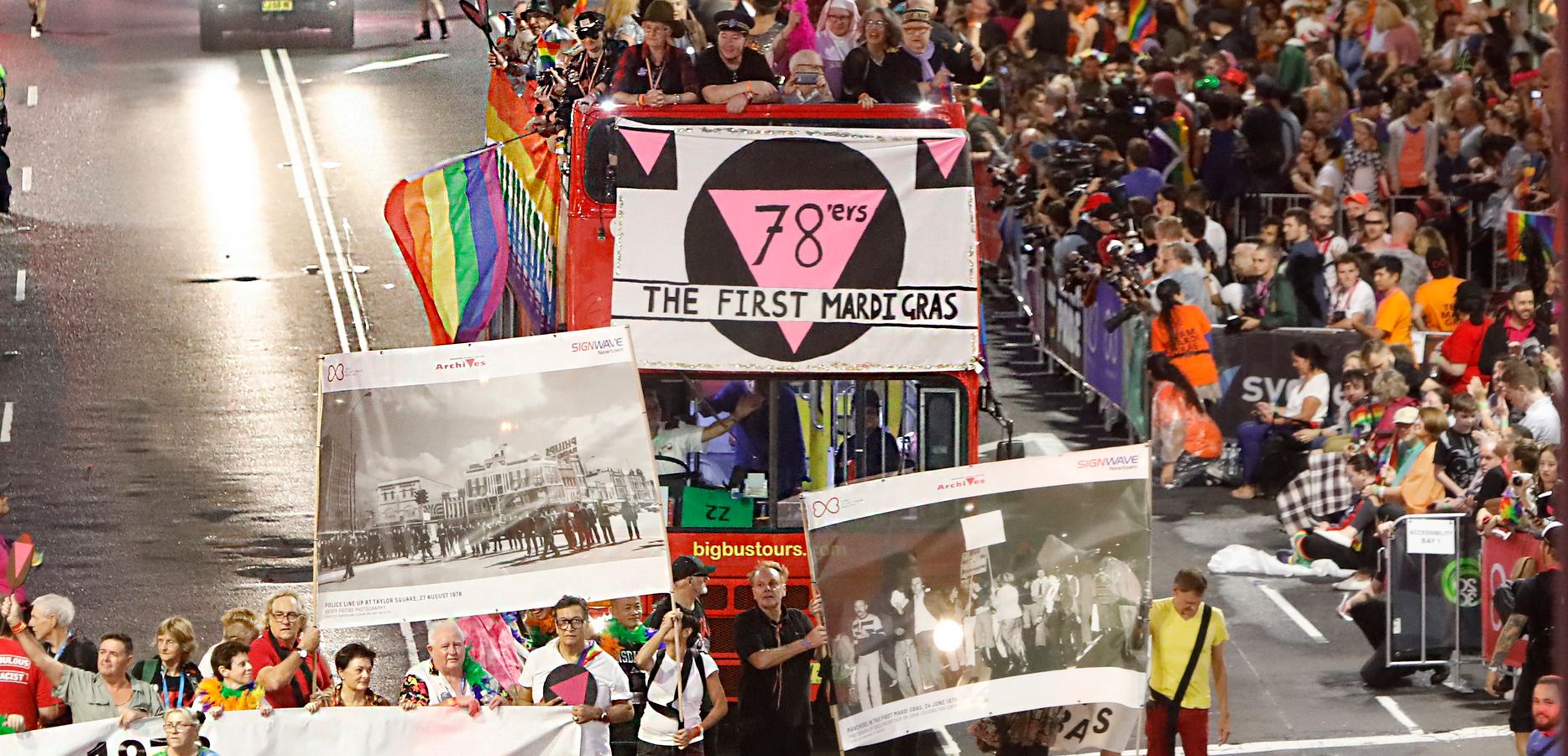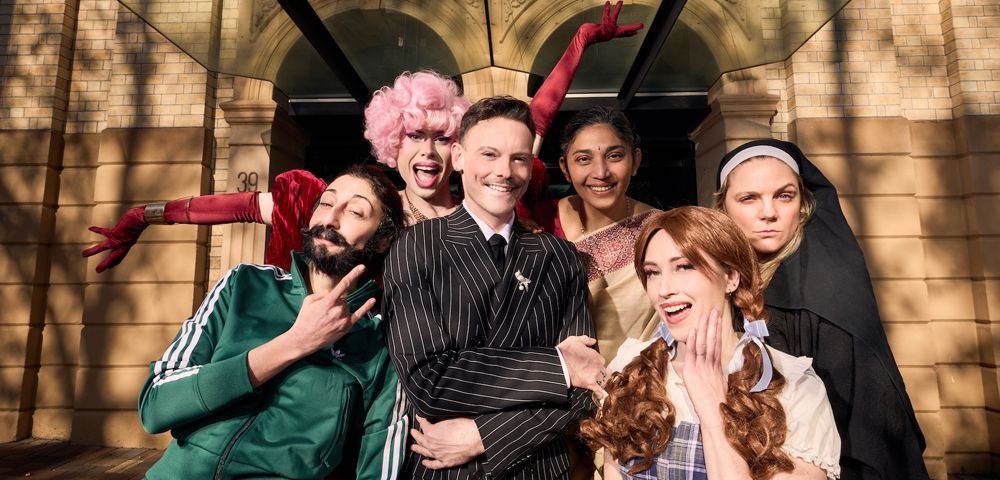
Saying ‘Nup to the Cup’: Aussies are un-celebrating the Melbourne Cup

Image: Attendees celebrate at a 'Nup to the Cup' event, an alternative to celebrating the Melbourne Cup. Photo: nuptothecup.org.
By ERIN MODARO
Australians across the country who object to ‘the race that stops the nation’ are choosing alternative options over participating in the celebration of the Melbourne Cup.
‘Nup to the Cup’ events, where attendees can dress up and sip on champagne without watching the cup, are being held across the country. The events are run by the Coalition for the Protection of Racehorses (CPR), an organisation that has been vocally against abuse of horses in the racing industry.
New research shows Australians are less enthusiastic than ever about the races. A June 2022 poll conducted by Lonergan Research found that 54% of participants agree that horses should not be raced for gambling and entertainment, with young people being the highest percentage of objectors to horse racing.
With attendance at the Melbourne Cup in Flemington Racecourse shrinking, it’s clear that the prestige of the cup is being marred by awareness of animal cruelty and mistreatment.

CPR’s Campaign Director, Elio Celotto, told City Hub that there is still “so much wrong with the racing industry”.
“90% of racehorses suffer from stomach ulcers” Celotto said.
“90% suffer from bleeding in the lungs as the result of being pushed too far.”
The Nup to the Cup site reports that “Melbourne Cup Day itself has resulted in the death of at least eight horses in the past ten years”.
Senator Mehreen Faruqi, Greens deputy leader and animal welfare spokesperson affirmed that “majority of people actually agree that racing is cruel”.
“The social licence of the racing industry is clearly fading” Faruqi said.
“A horse is killed at racetracks in Australia every two and a half days on average. But horses aren’t just killed at racetracks: many end up in abattoirs and knackeries as so-called wastage. Even if horses survive, they are routinely subjected to cruel practices like whipping, tongue-tying and the use of spurs.”










